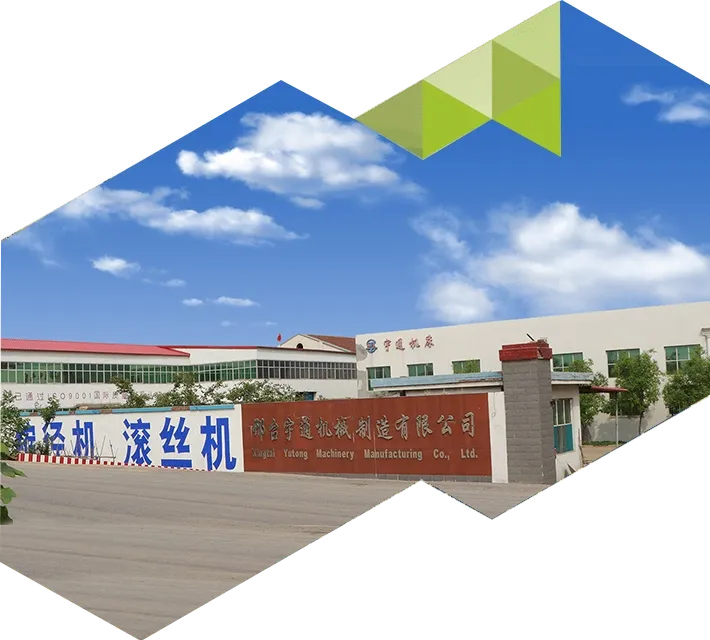
-
 Afrikaans
Afrikaans -
 Albanian
Albanian -
 Amharic
Amharic -
 Arabic
Arabic -
 Armenian
Armenian -
 Azerbaijani
Azerbaijani -
 Basque
Basque -
 Belarusian
Belarusian -
 Bengali
Bengali -
 Bosnian
Bosnian -
 Bulgarian
Bulgarian -
 Catalan
Catalan -
 Cebuano
Cebuano -
 Corsican
Corsican -
 Croatian
Croatian -
 Czech
Czech -
 Danish
Danish -
 Dutch
Dutch -
 English
English -
 Esperanto
Esperanto -
 Estonian
Estonian -
 Finnish
Finnish -
 French
French -
 Frisian
Frisian -
 Galician
Galician -
 Georgian
Georgian -
 German
German -
 Greek
Greek -
 Gujarati
Gujarati -
 Haitian Creole
Haitian Creole -
 hausa
hausa -
 hawaiian
hawaiian -
 Hebrew
Hebrew -
 Hindi
Hindi -
 Miao
Miao -
 Hungarian
Hungarian -
 Icelandic
Icelandic -
 igbo
igbo -
 Indonesian
Indonesian -
 irish
irish -
 Italian
Italian -
 Japanese
Japanese -
 Javanese
Javanese -
 Kannada
Kannada -
 kazakh
kazakh -
 Khmer
Khmer -
 Rwandese
Rwandese -
 Korean
Korean -
 Kurdish
Kurdish -
 Kyrgyz
Kyrgyz -
 Lao
Lao -
 Latin
Latin -
 Latvian
Latvian -
 Lithuanian
Lithuanian -
 Luxembourgish
Luxembourgish -
 Macedonian
Macedonian -
 Malgashi
Malgashi -
 Malay
Malay -
 Malayalam
Malayalam -
 Maltese
Maltese -
 Maori
Maori -
 Marathi
Marathi -
 Mongolian
Mongolian -
 Myanmar
Myanmar -
 Nepali
Nepali -
 Norwegian
Norwegian -
 Norwegian
Norwegian -
 Occitan
Occitan -
 Pashto
Pashto -
 Persian
Persian -
 Polish
Polish -
 Portuguese
Portuguese -
 Punjabi
Punjabi -
 Romanian
Romanian -
 Russian
Russian -
 Samoan
Samoan -
 Scottish Gaelic
Scottish Gaelic -
 Serbian
Serbian -
 Sesotho
Sesotho -
 Shona
Shona -
 Sindhi
Sindhi -
 Sinhala
Sinhala -
 Slovak
Slovak -
 Slovenian
Slovenian -
 Somali
Somali -
 Spanish
Spanish -
 Sundanese
Sundanese -
 Swahili
Swahili -
 Swedish
Swedish -
 Tagalog
Tagalog -
 Tajik
Tajik -
 Tamil
Tamil -
 Tatar
Tatar -
 Telugu
Telugu -
 Thai
Thai -
 Turkish
Turkish -
 Turkmen
Turkmen -
 Ukrainian
Ukrainian -
 Urdu
Urdu -
 Uighur
Uighur -
 Uzbek
Uzbek -
 Vietnamese
Vietnamese -
 Welsh
Welsh -
 Bantu
Bantu -
 Yiddish
Yiddish -
 Yoruba
Yoruba -
 Zulu
Zulu
Durable and Efficient Automatic Thread Rolling Machine for Precision Engineering Applications
High-Quality Automatic Thread Rolling Machines Enhancing Precision and Efficiency in Manufacturing
In the fast-paced world of manufacturing, the demand for high-quality components has never been higher. One of the pivotal technologies driving this demand is the automatic thread rolling machine. These machines are revolutionizing the way manufacturers produce threaded components, ensuring high precision, efficiency, and quality in their operations.
The Mechanism of Thread Rolling
Thread rolling is a cold forming process that creates threads on a workpiece by deforming the material using rolling dies. Unlike traditional cutting methods that can create waste and require significant machining time, thread rolling not only saves material but also enhances the microstructure of the metal, leading to improved strength and durability. Automatic thread rolling machines are designed to perform this operation with minimal human intervention, significantly increasing production rates while maintaining consistent quality.
Advantages of Automatic Thread Rolling Machines
1. Increased Productivity Automatic thread rolling machines can operate at high speeds, producing thousands of threaded components in a short amount of time. This high throughput is essential for manufacturers aiming to meet tight deadlines and large order volumes.
2. Improved Precision The use of advanced digital controls and automated systems ensures that thread dimensions are maintained within tight tolerances. This precision is vital for applications in industries such as automotive, aerospace, and electronics where exact specifications are critical.
3. Cost-Effectiveness By minimizing material waste and reducing machining time, automatic thread rolling machines contribute to lower production costs. This cost-effectiveness can be a significant competitive advantage in today's market.
high quality automatic thread rolling machine

4. Enhanced Material Properties The thread rolling process improves the fatigue strength of the material due to the work hardening effect. This results in stronger, more reliable components that can withstand higher loads and stress, making them ideal for demanding applications.
5. Versatility Modern automatic thread rolling machines can accommodate a diverse range of materials and thread sizes. This versatility allows manufacturers to produce a wide variety of products—from small screws to larger bolts—using the same machine.
Applications Across Industries
The versatility and efficiency of automatic thread rolling machines make them suitable for various sectors. In the automotive industry, they are used to produce fasteners that are integral to vehicle assembly. Aerospace manufacturers rely on these machines for critical components that must meet stringent safety standards. Similarly, in the electronics industry, thread rolled parts are essential for devices that require precise fit and durability.
Technological Advancements
Recent advancements in technology have further enhanced the capabilities of automatic thread rolling machines. Incorporating features such as CNC (computer numerical control) systems, manufacturers can achieve greater flexibility and control over the threading process. These innovations enable quicker setups, automatic tool changes, and even real-time monitoring of production parameters, allowing for immediate adjustments to ensure optimal performance.
Conclusion
As industries continue to seek ways to improve efficiency and product quality, the role of high-quality automatic thread rolling machines becomes increasingly critical. Their ability to produce precise threads rapidly and cost-effectively makes them an indispensable tool in modern manufacturing. By investing in these advanced machines, manufacturers can not only enhance their productivity but also ensure that they remain competitive in an ever-evolving market. With ongoing technological developments, the future of thread rolling looks bright, promising even greater advancements in manufacturing precision and efficiency.
